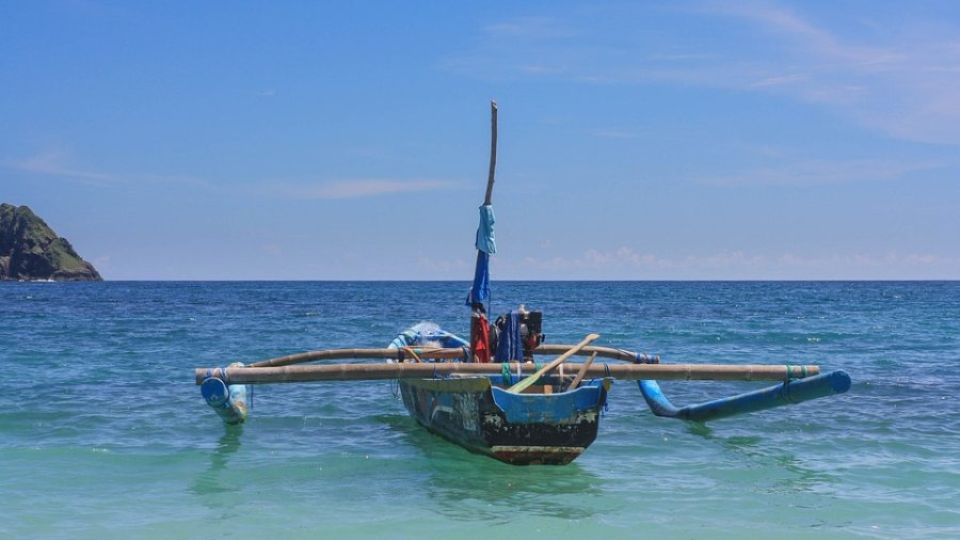February 13, 2024
JAKARTA – Indonesia still faces obstacles in exporting fishery products, including to the European Union, a Maritime Affairs and Fisheries Ministry official said on Monday.
“One of the reasons for the export moratorium to the EU is the EU’s inspection recommendation related to quality assurance and safety of fishery products,” Budi Sulistyo, the ministry’s director general for fishery product competitiveness, told the cnbcindonesia.com business news portal on Monday.
Currently, there are only 174 Indonesian fish processing units exporting fishery products to the EU.
Budi said the EU had given technical assistance via the Arise+ Indonesia project to strengthen quality assurance and safety of fishery products.
He also said that a team from the ministry had a meeting with the EU’s Directorate General for Health and Food Safety (DG Sante) in Brussels to request market access for Indonesian fishery products be opened for new exporters to the EU.
“In June, the ministry proposed new exporters but only snail exporters were approved,” Budi said.
Meanwhile, regarding illegal, unreported and unregulated fishing (IUUF), the ministry adopted EU regulations by issuing the Catch Fishery Certificate (SHTI). As a result, the country’s fishery products do not face issues related to IUUF or sustainability.
In January, Maritime Affairs and Fisheries Minister Sakti Wahyu Trenggono said that the primary difficulty of entering the EU market was that Indonesian fishermen were not implementing the standard fishing model used in other countries.
He also mentioned that the EU applied high tax rates on Indonesia’s fish, which can reach more than 20 percent despite Indonesia having a General System of Preferences (GSP).
The GSP is a trade policy that cuts import duties on the receiving country’s export products, which could help lower the import duty rate of Indonesian products to the EU.
According to the ministry, the Indonesian fishery year-to-date export value in December 2023 was only US$5.6 billion, below the target of $6.7 billion.
For 2024, the ministry has set an export target of $7.20 billion.
Sakti was optimistic that this target could be achieved through measured fishing regulations.


